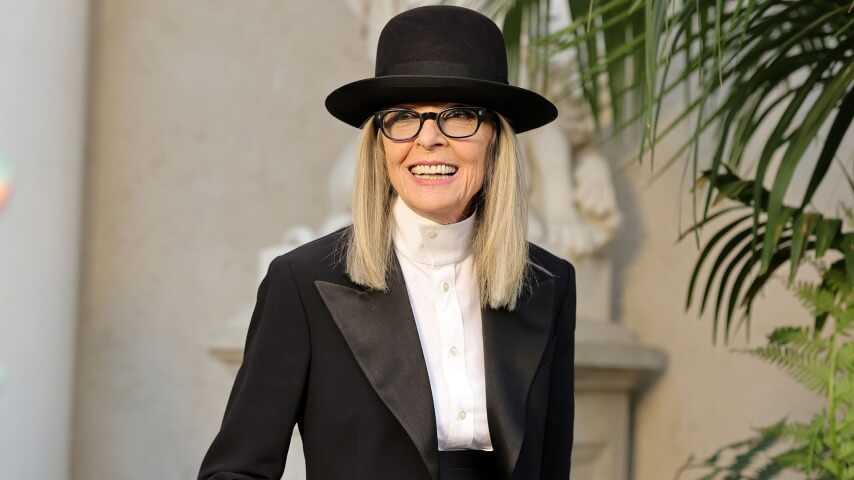R.I.P. Diane Keaton
The Godfather and Annie Hall star was 79.
Diane Keaton, Photo: Amy Sussman/Getty Images
Diane Keaton has died. One of the most celebrated actors of her generation, Keaton broke out in the 1970s with performances in the Godfather films and for her long-time friend, occasional lover, and frequent collaborator, Woody Allen. (Including a career-defining starring role in 1977’s Annie Hall, which won her her only Academy Award.) A mainstay of American film and theater for more than 60 years, Keaton frequently defied stereotypes to create characters far more complex than their simple descriptors—and the adoration and pursuit of their male counterparts—might suggest. Per People, her death was confirmed on Saturday by a family spokesperson. Keaton was 79.
Born in California in the 1940s, Keaton took to the stage early and often, catching early interest as an understudy in the original Broadway run of Hair. Her collaborations with Allen also began in the theater, where she was cast opposite him in his 1969 Broadway hit Play It Again, Sam. (She would reprise the role for the play’s 1972 film adaptation, one of eight films she and Allen would make together.) ’72 also saw Keaton tapped for a role that would put her at the heart of one of the most celebrated film franchises in American history, playing love interest/frequently isolated outsider Kay in The Godfather. Keaton would perform the role in all three of Francis Ford Coppola’s films, most notably 1974’s The Godfather Part II, which allowed her to tear into the bitterness of Kay Adams-Corleone’s crime-adjacent life.
In 1977, Allen wrote Keaton—who, by that point, had already starred for him in broader comedies like Sleeper and Love And Death—a part that would become synonymous with her career: The title role in Annie Hall. Although Allen has quibbled, in later years, about whether the film was intended to be autobiographical (it’s worth noting that Hall was Keaton’s original last name), Keaton herself noted in her memoir in 2011 that she considered the film to be based on the pair’s relationship. Regardless, the role was an ideal showcase for Keaton’s talents: A mix of self-assured glamour, razor-sharp comic timing, and deep vulnerability that wound up winning her both an Oscar and a BAFTA. (It also made her a fashion icon, albeit one uniquely hard to imitate; nobody on Earth could wear a distractingly big hat quite like Diane Keaton.)
 Keep scrolling for more great stories.
Keep scrolling for more great stories.
